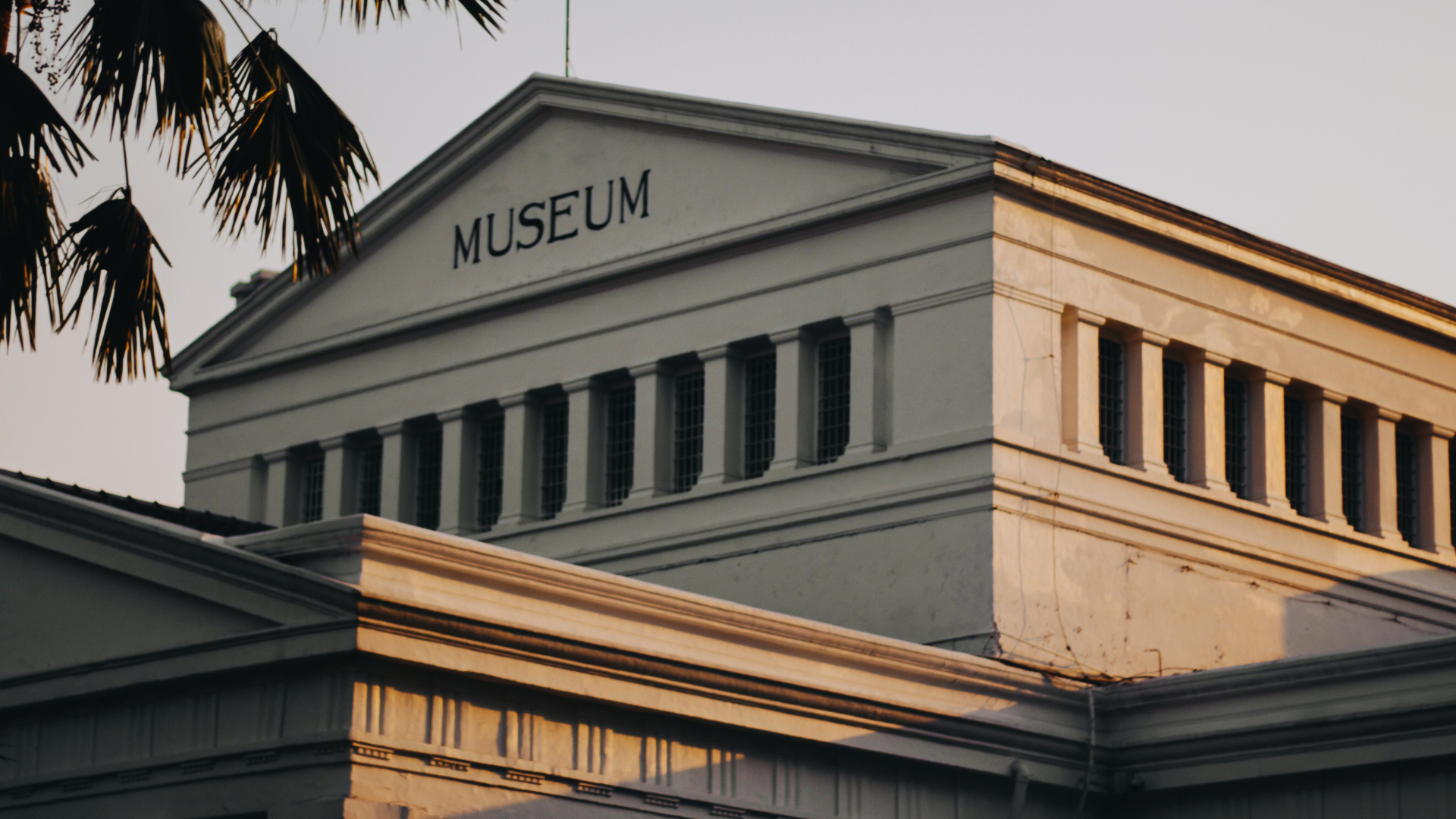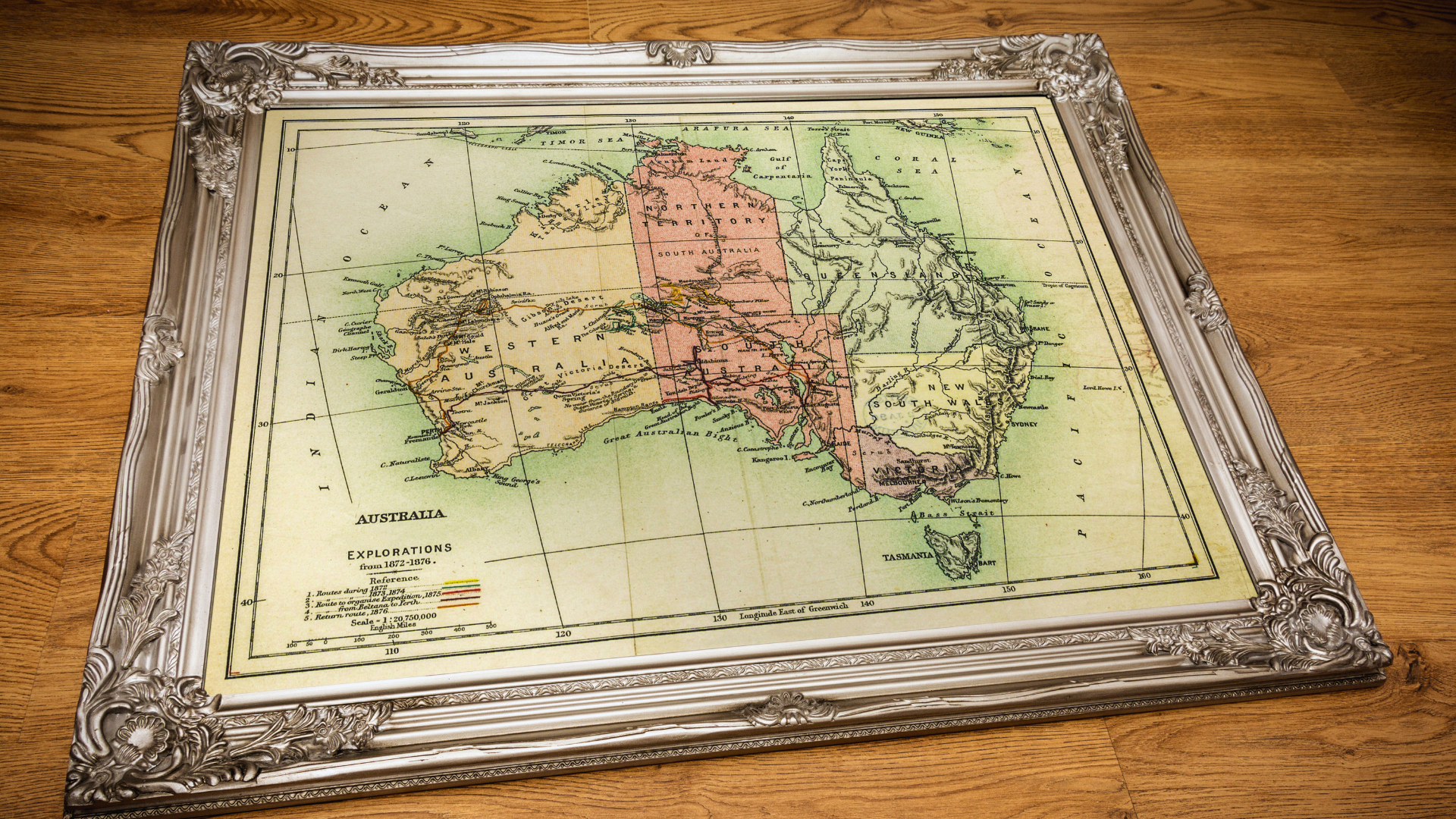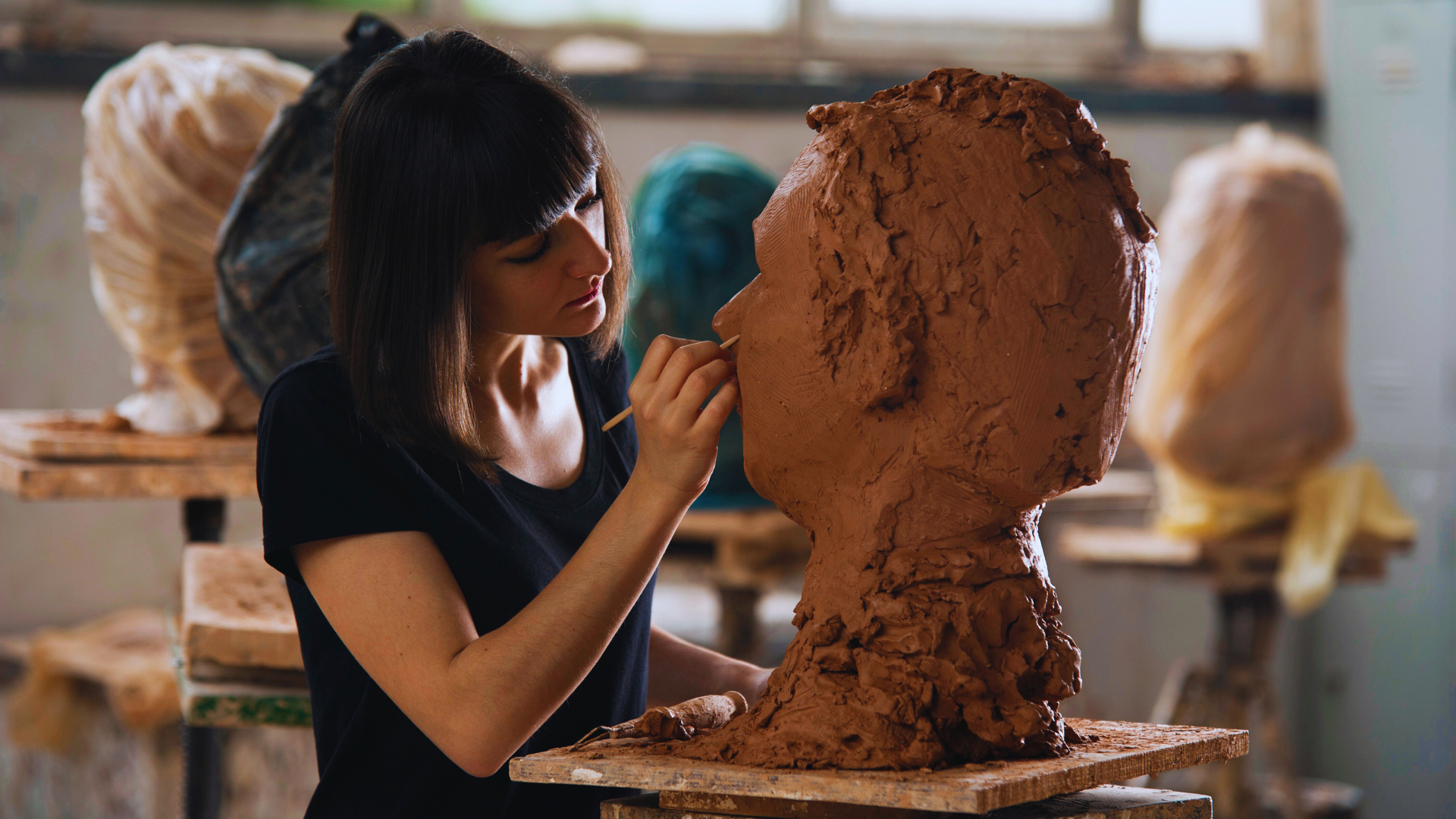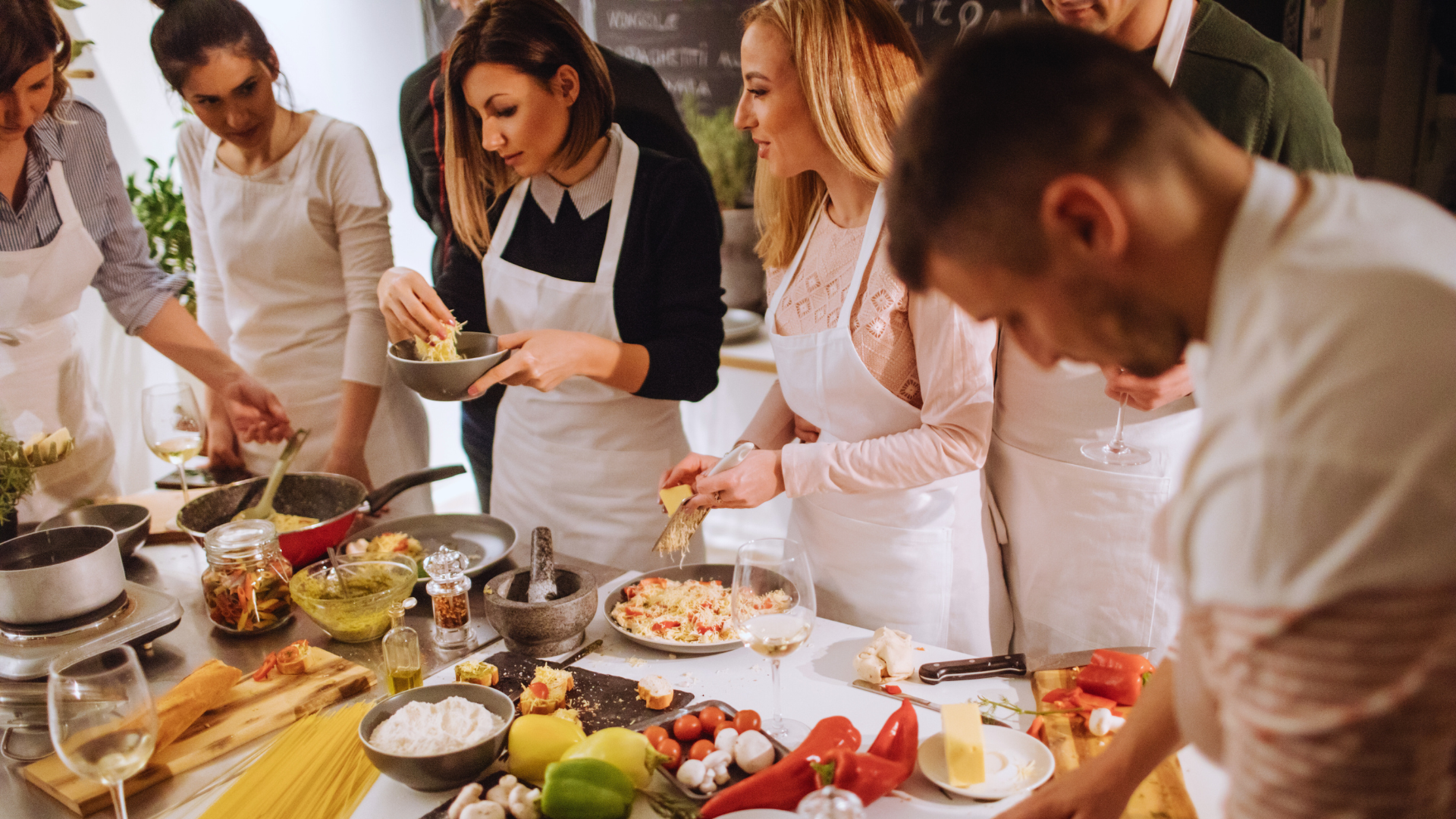Exploring local history offers individuals a unique opportunity to connect with their community in meaningful ways. By engaging with the past, residents can foster a deeper appreciation for their surroundings and the stories that have shaped their neighborhood. This exploration often reveals hidden narratives that contribute to a sense of identity and belonging, enhancing the community’s cultural fabric.
Local history also serves as a foundation for understanding contemporary issues. As individuals learn about the struggles and triumphs of those who came before them, they can draw parallels to modern challenges and recognize patterns over time. This knowledge empowers citizens to contribute to their community more effectively and make informed decisions based on historical context.
Additionally, investigating local history can be a catalyst for community involvement. Local events, such as historical tours, heritage fairs, or storytelling sessions, encourage participation and strengthen communal ties. When individuals immerse themselves in the rich narratives of their area, they foster a collective pride that inspires future generations to preserve and celebrate their heritage.
Understanding Local History and Its Community Impact
Exploring local history enriches community identity and strengthens connections among residents. It fosters a deeper understanding of heritage and informs current societal dynamics. This section addresses the significance of local history and its impact on community engagement.
Defining Local History and Its Scope
Local history encompasses the study of communities and their development over time. It includes not just events or figures, but also the everyday lives of residents. By examining local history, individuals gain insight into their community’s unique heritage.
Key areas of focus include:
- Historical events
- Architectural heritage
- Cultural traditions
Understanding these elements helps highlight the community’s distinct characteristics and challenges. This intimate knowledge fosters pride and belonging. It contributes to communal identity, recognizing the interconnectedness of residents with their surroundings.
The Role of Community in Preserving The Past
Communities play a pivotal role in preserving local history. Their engagement ensures that stories remain alive and relevant. This can take shape in various ways, such as:
- Organizing historical societies
- Curating local museums
- Hosting educational programs
Community members often collaborate to collect oral histories, photographs, and artifacts. Such initiatives encourage active participation and inclusivity. They empower individuals to share their experiences, reinforcing bonds among diverse populations.
Connections Between Local and Broader Historical Contexts
Local history does not exist in isolation. It interacts with national and global narratives, revealing common themes and contrasts. For instance, local events may reflect larger historical movements like migration or industrialization.
By understanding these connections, individuals can see how local histories contribute to broader contexts. They learn how local identity shapes and is shaped by national culture. This perspective enriches their appreciation for both their community and the world at large.
Educational and Personal Benefits of Exploring Local History
Exploring local history offers numerous advantages, particularly in education and personal experiences. It enriches knowledge, strengthens community ties, and fosters lifelong learning.
Enhancing Education Through Local Narratives
Local history provides rich educational opportunities that shape understanding of broader historical contexts. Schools often incorporate local narratives into their curricula, bridging gaps between national history and community experiences.
Students engage with primary sources such as letters, photos, and interviews from local residents. These materials promote critical thinking and analytical skills. Understanding history from a local perspective helps students relate better to their studies.
For educators, involving local history makes lessons more relevant and engaging. Students are more likely to participate when they can see connections to their lives, resulting in deeper learning.
Fostering a Sense of Identity and Belonging
Engaging with local history fosters a strong sense of identity. People often feel more connected to their community when they learn about its past.
By understanding local traditions, values, and stories, individuals develop pride in their heritage. This connection can lead to increased civic involvement and a desire to preserve local culture.
Communities benefit from shared narratives that strengthen bonds among residents. Local events, such as historical reenactments or festivals, promote collective memory, encouraging participation and celebration of cultural diversity.
Building Personal Connections to the Community
Exploring local history allows individuals to forge personal connections with their community. By engaging with historical sites or events, they gain insight into their neighbors’ experiences.
These interactions can lead to valuable relationships and collaborations. For example, local historical societies often host events that encourage community participation, promoting networking among residents.
When people understand their community’s history, they often feel more invested in participating in local affairs. This sense of ownership contributes to community development and empowerment.
Promoting Lifelong Learning and Critical Thinking
Local history serves as a catalyst for lifelong learning. Engaging with community history encourages curiosity about the past and opens avenues for deeper research.
Individuals may undertake projects that involve collecting oral histories or researching local landmarks. Such activities foster critical thinking and analytical skills, as one must evaluate sources and interpret findings.
Workshops, lectures, and community programs often focus on local history, providing opportunities for ongoing education. This commitment to learning cultivates an informed citizenry and strengthens community resilience.
Methods for Discovering and Preserving Local History
Exploring and preserving local history involves engaging with various resources, institutions, and community narratives. This section outlines key methods that individuals can use to connect with their community’s heritage.
Exploring Primary Sources and Oral Histories
Primary sources are original documents or artifacts that provide firsthand accounts of historical events. Examples include letters, photographs, and newspapers. These materials offer valuable insights into local narratives.
Oral histories are personal recollections collected through interviews. They capture individual experiences and perspectives, enriching the community’s historical landscape.
To find primary sources, community members can visit local archives, libraries, or historical societies. Engaging with older generations can yield oral histories that reflect their lived experiences, further illuminating the past.
Engaging with Local Museums and Historical Societies
Local museums serve as custodians of regional heritage. They often house artifacts, exhibits, and documents that depict the community’s history. Museums are essential for education and exploration.
Historical societies play a vital role in research and preservation efforts. They often organize events, workshops, and talks to engage the community further. Becoming a member allows individuals to access resources and contribute to preservation efforts.
Visiting these institutions fosters connections with history, providing opportunities to learn, volunteer, and facilitate community programs.
Storytelling as a Tool for Cultural Preservation
Storytelling is a powerful way to pass down cultural heritage. It transforms historical accounts into narratives that resonate emotionally with audiences. Through storytelling, individuals can connect experiences from the past to the present.
Community events such as storytelling nights encourage the sharing of local tales. This practice strengthens social bonds and keeps history alive. Utilizing platforms like local podcasts or neighborhood gatherings can broaden the reach of these stories.
Engaging in storytelling helps ensure that the community’s heritage endures, allowing future generations to understand and appreciate their roots.
Celebrating Community Heritage and Landmarks
Exploring local history fosters a deep appreciation for community heritage and the significance of landmarks. Engaging with traditions, recognizing historical markers, and commemorating events brings communities together.
Recognizing Local Traditions and Customs
Local traditions and customs enrich community identity. They often reflect the historical journey of the area and shape its cultural landscape. Festivals, crafts, and culinary practices passed down through generations embody unique stories.
For example, regional dances or crafts can reveal the influences of various cultures on a community. Engaging in these practices allows residents to connect with their roots. Participation in local events fosters pride and ensures that these traditions are preserved for future generations.
Appreciating Historical Landmarks and Markers
Historical landmarks serve as tangible connections to the past. They provide insights into the architectural styles, social structures, and historical events that shaped the community.
Markers often denote significant locations such as battlefields, homesteads, or sites of industrial innovation. Visiting these sites encourages individuals to reflect on their local history and its impact on contemporary society. Preservation efforts ensure that these landmarks remain intact for educational purposes and community pride.
Commemorating Significant Historical Events
Marking significant historical events is vital to community awareness and education. This may include memorials for local heroes or celebrations of pivotal moments in history.
Communities can organize events, such as parades or reenactments, to honor these occasions. These activities not only pay tribute to the past but also create opportunities for dialogue about progress and change. Educating residents about these events fosters a robust understanding of local history and its continuing relevance.
Through the recognition of traditions, appreciation of landmarks, and commemoration of events, communities can celebrate their rich heritage meaningfully and memorably.





